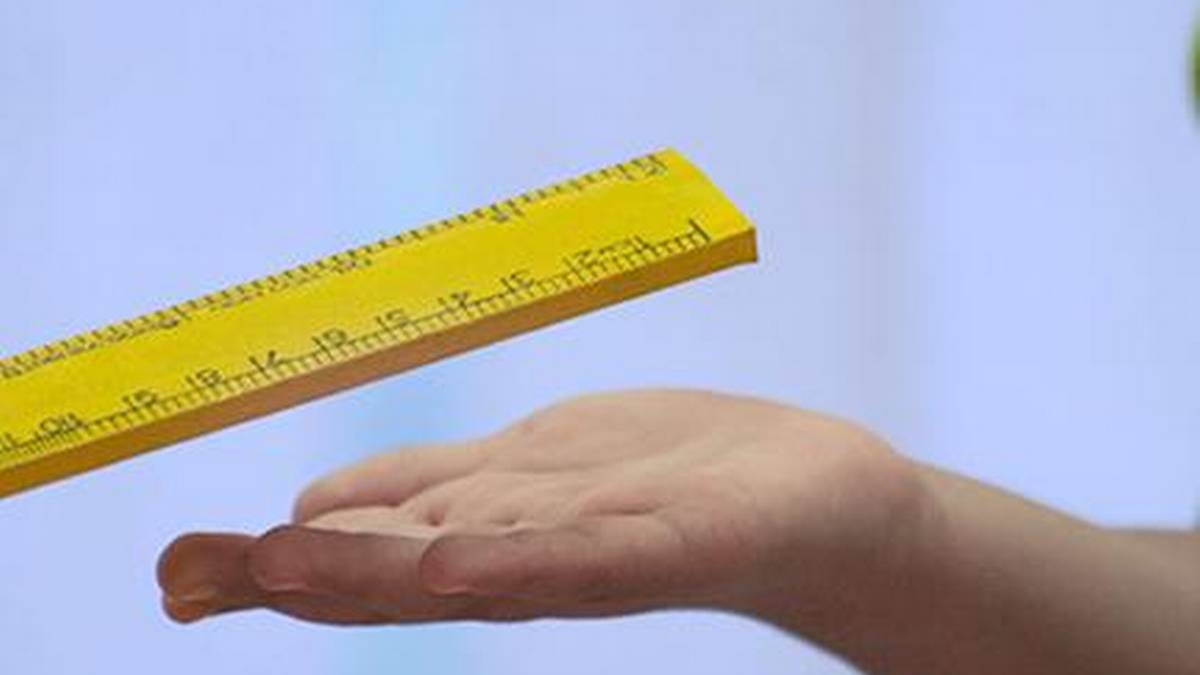A recent study by UNICEF reveals that over half of Filipino children under 14 years old face violent discipline at home. According to UNICEF data, nearly 60% of children aged 1 to 14 in the Philippines experienced at least one form of “violent discipline” in 2022, with incidents involving physical and psychological harm.
UNICEF reported that approximately 11.6 million children have endured physical aggression, while around 9.1 million faced physical punishment, and almost 800,000 experienced severe physical punishment. “Even the youngest children are not spared,” UNICEF noted, highlighting that three out of five children aged three to nine have been affected by violent discipline.
Apart from physical discipline, the study underscored the rising prevalence of child abuse cases. From January to August 2024, 7,000 cases were recorded, an increase compared to the previous year. In 2023, reported child abuse cases reached 10,270.
School bullying also remains significant, with three in ten students reporting frequent bullying in 2022. Although a slight improvement from 2018, the Philippines still has the highest rate of bullying among 80 countries participating in the PISA study.
UNICEF further reported that 828,000 Filipino children are involved in child labor, with the majority performing hazardous work. High incidences were noted in regions with elevated poverty levels, such as Cagayan Valley, Caraga, and the Bangsamoro Autonomous Region in Muslim Mindanao.
Child marriage remains an issue, as 460,000 Filipino girls were married or in live-in arrangements before turning 18 in 2022, with 73,000 doing so before age 15. Additionally, one in ten girls aged 15 to 19 experienced physical or sexual violence last year, with 20% of those with partners facing abuse.
UNICEF urged stakeholders to use this data to inform child protection policies, noting that a lack of funding and inconsistent policy implementation contribute to the ongoing challenges. The findings are part of a 15-year study on children’s welfare in the Philippines, supported by the Philippine government, Australian government, UN Population Fund, and UNICEF.






